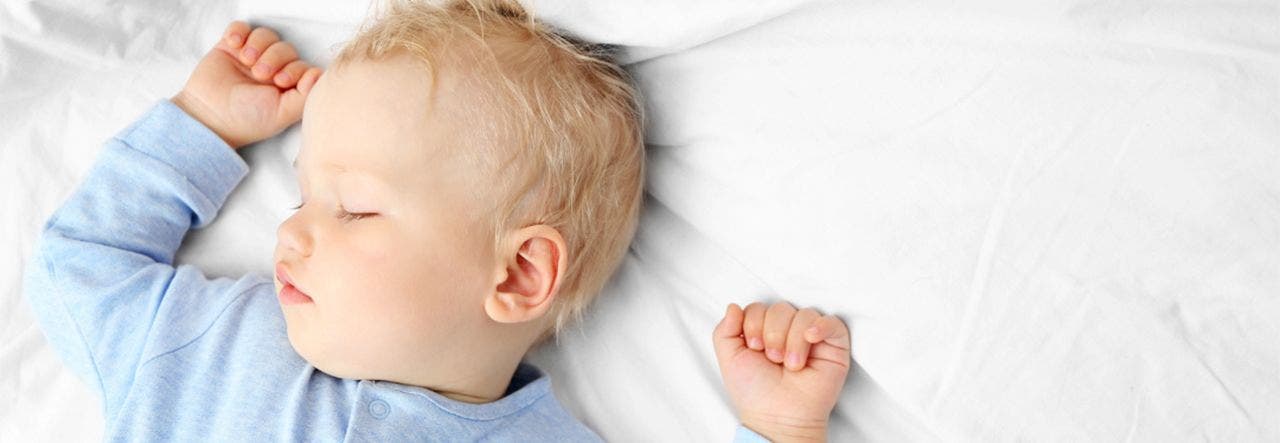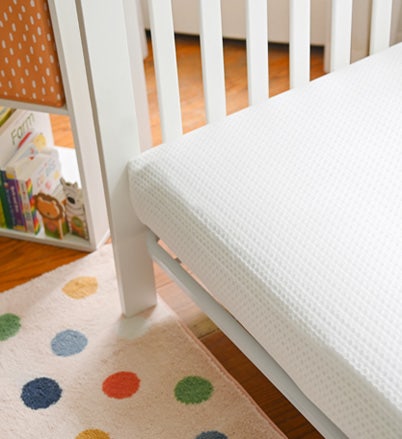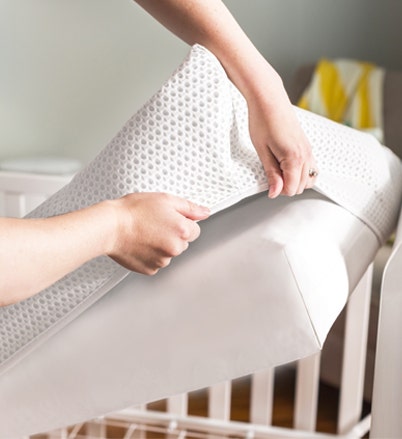One of the Biggest Baby Sleep Myths – Busted!
Sleep is crucial for your baby's growth and overall well-being. It plays a vital role in brain development and helps strengthen the immune system. Babies who get adequate sleep are generally happier, more alert and have better cognitive function. Of course, that's not just for babies. That's for all of us!
With sleep being so essential, it’s no wonder it's highly talked about in parenting circles and often misunderstood. Whether you’re a new parent or an experienced parent with a new baby, one thing is certain – your baby's sleep needs can be confusing. Every baby is different, and your baby’s sleep schedule can change quite a lot during those first few months.
So, how much sleep do babies need? A very common myth is that babies need 12 hours of sleep a night. But, as a veteran sleep consultant who has worked with hundreds of families, I am here to bust that myth – for good!
Myth: Babies Needs 12 Hours of Sleep Per Night


Have you read that your baby needs 12 hours of sleep at night? My guess is that you are well aware of that number. You don't need to dive too deep into a book about baby sleep or on the internet to read that your baby should get 12 hours of sleep a night and somewhere between one and four hours more during the day.
It can feel like the whole wide world of parenting literature is telling you, “If your baby doesn't get that 12 hours or the appropriate amount of nap sleep, they're missing out!” This feeling, which is rooted in your wonderful intentions of wanting the best for your little one, can lead to a deeper (and almost always unnecessary) worry that your baby has a serious sleep issue.
How Much Sleep Do Babies Need?
The truth is that sleep needs vary for all of us, babies or not. Still, it is important to take a look at what normal sleep durations are. The latest studies don't have babies at any age getting an average of 12 hours of sleep a night! In fact, the average is somewhere between 10 and 10 3/4 hours of sleep at night. Some sources even list as few as eight hours a night as an average for infants.
Now, of course, some babies will quite happily sleep for 12 hours or more at night, but most children do not need that amount in one long night-time stretch.
Pay Attention to the Signs Baby Is Tired
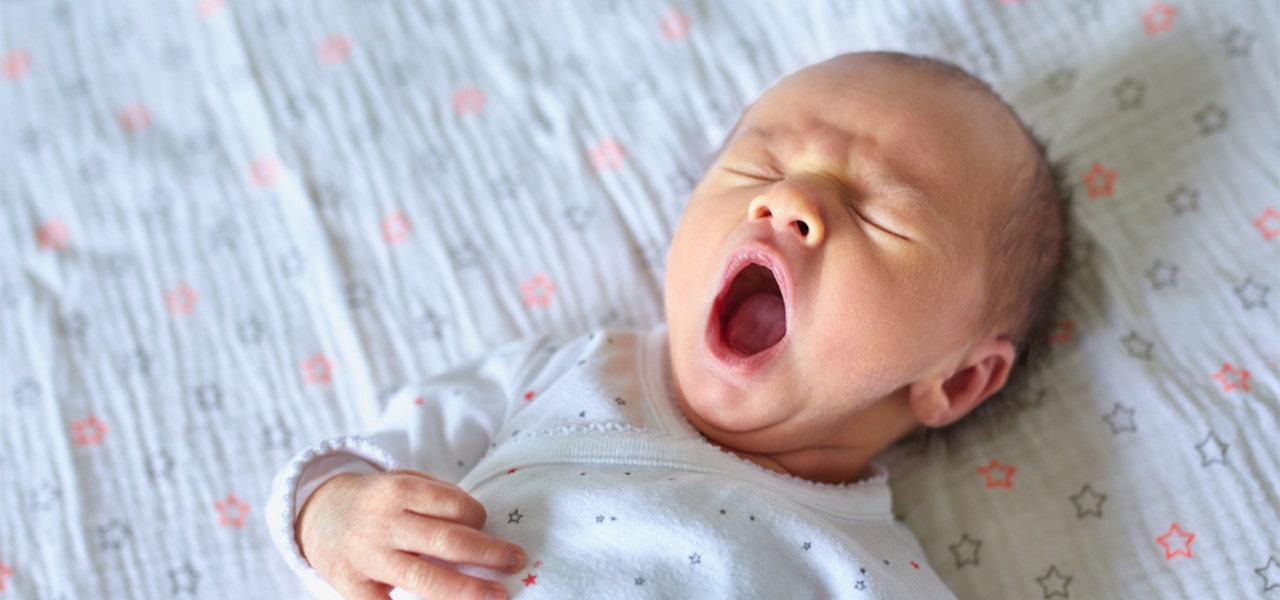

My advice for parents is to worry less about what the clock says and more about what your baby is telling you. They can’t talk yet, of course, but they are still communicating with you! Some signs your baby needs more night-time sleep include:
- You need to wake your baby each morning. Though babies often have the luxury of being able to nap during the day to get caught up on missed night sleep, if you need to wake your baby in the morning, they may not be getting enough quality, restorative sleep at night.
- Your baby is irritable during the day. It's quite normal for babies to become upset during the day. If they seem more irritable than normal and they are not feeling unwell or teething, they may need more night sleep.
- They struggle to settle to sleep. You would think that the more tired we are, the easier time we should have falling asleep and remaining asleep, but this isn't the case! Overtired babies may have a much harder time falling asleep and remaining asleep for both naps and night sleep.
Tips to Help Baby Get the Sleep They Need
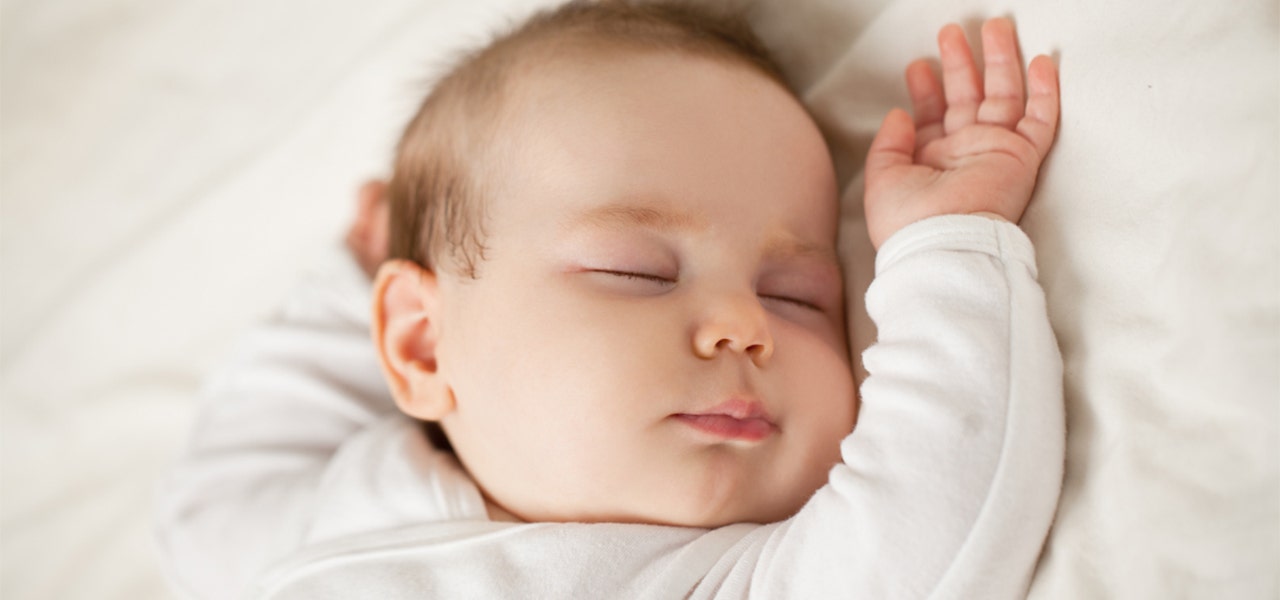

If you feel that your baby needs more sleep throughout the night, there are a few things you can do to help them. Here are a couple of my favorite suggestions for encouraging longer sleep duration:
Put Baby Down to Sleep a Little Earlier
It may be harder to get your little one to sleep in later in the morning – humans like to get up when the sun comes up – so instead focus on an earlier bedtime.
Just make sure to make this a gradual shift, putting Baby down earlier and earlier each night but only by 10-15 minutes. Don't try to get them to sleep too early initially; they will struggle to fall asleep so early, or they may fall asleep quickly but treat it as a nap.
If Age-appropriate, Reduce Night Wake-ups
This can be tough because there are no hard and fast rules for how many wake-ups a baby should have a night. But, one way you can work on reducing night wake-ups is to teach your child the skills to get themselves to sleep at the beginning of the night.
When your child can get themselves to sleep, they can get back to sleep when they don't need a feed, etc., meaning their wake-ups will be much shorter, and they will get better quality sleep at night.
Though we would all love a baby who sleeps 12 + hours of sleep a night, try not to worry if yours doesn’t. Chances are they're getting enough sleep. Of course, if you are concerned, please talk to your child's healthcare provider.
Looking for more insight when it comes to baby sleep? Here’s my advice on why your baby may be taking short naps.

 Baby
Baby
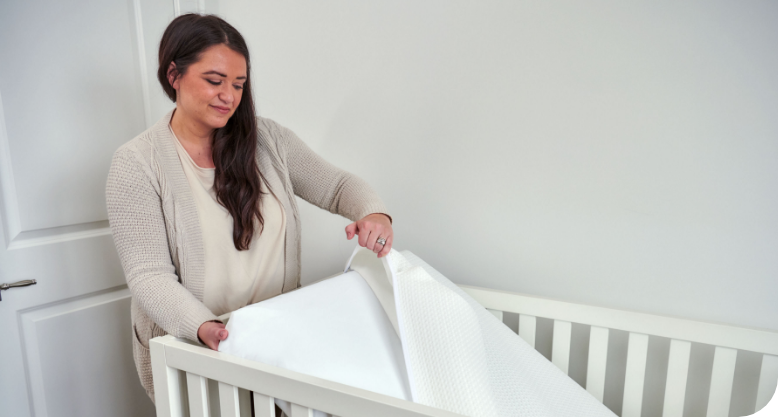
 Kids
Kids
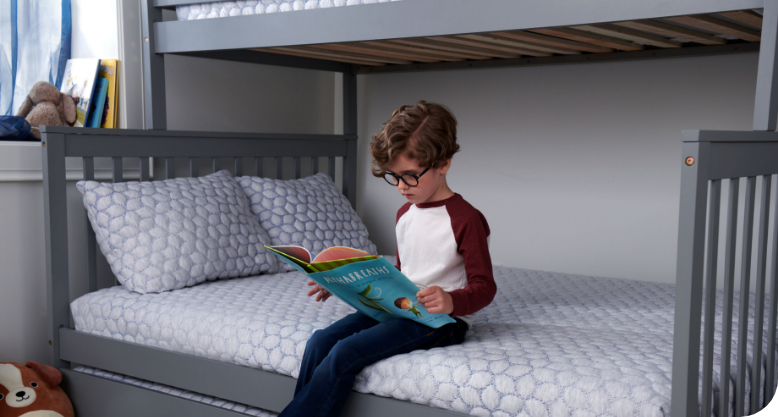
 Learn
Learn
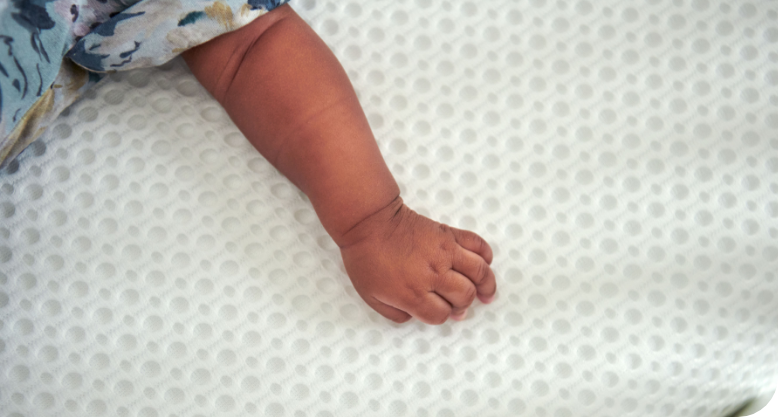
 FIND A STORE
FIND A STORE CONTACT
CONTACT